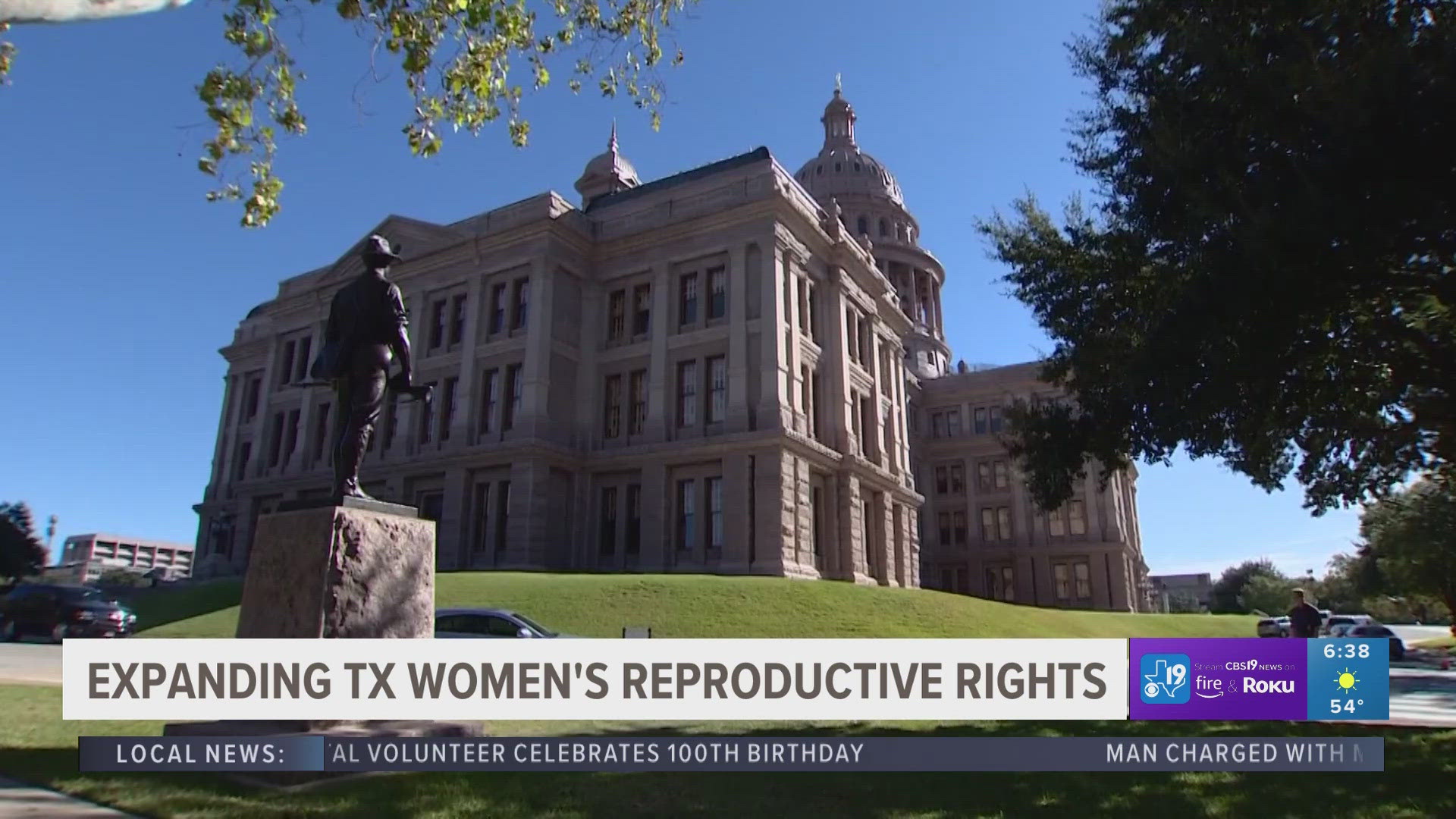On Aug. 6, Democratic presidential nominee Vice President Kamala Harris picked Minnesota Gov. Tim Walz to be her running mate.
Following the announcement, a viral Facebook post claimed that now that Walz is running for vice president, he’s no longer governor of Minnesota and the position has been filled by his lieutenant governor, Peggy Flanagan.
Other people online questioned if Walz has to step down as governor now that he’s on Harris’ presidential ticket.
THE QUESTION
Did Tim Walz step down as Minnesota’s governor so he could run for vice president?
THE SOURCES
THE ANSWER
No, Tim Walz didn’t step down as Minnesota’s governor so he could run for vice president.
WHAT WE FOUND
Tim Walz is still the governor of Minnesota and Peggy Flanagan is still the lieutenant governor. The Facebook post saying Walz had to step down because he is running for vice president is false.
Minnesota doesn't have any laws, known as resign-to-run laws, which require elected officials to leave their current elected position before running for a different elected position. That means Walz is still governor while running for vice president.
But Walz will have to resign if he and Harris win the election in November. He would have to resign from the position before inauguration day, Jan. 20, 2025.
If Harris and Walz are elected, Section 4.06(a) of Minnesota Statute says “when a vacancy occurs, from any cause whatever, in the office of governor, the lieutenant governor shall become governor and the last duly elected president of the senate shall become lieutenant governor for the remainder of the term.”
That means if he gets elected vice president, Minnesota Lt. Gov. Peggy Flanagan would take his seat until Jan. 4, 2027, when Walz’s term expires. Flanagan would become the first woman to hold the office in Minnesota history and the first Native American to serve as governor for any state.
If Harris and Walz lose, Walz will remain Minnesota’s governor until his term expires.
There are only five states – Florida, Georgia, Arizona, Texas and Hawaii – that have rules known as resign-to-run laws although they vary by state. Supporters of resign-to-run laws say campaigning while holding an elected office could lead to various problems, including neglect of official duties.
In Florida, an elected official doesn't have to resign office if they are running for president or vice president, but would have to resign if they ran for any other seat, like the Senate.
Georgia’s state constitution says anyone in office must resign from office in order to be qualified to be a candidate for any other elected state, county, or municipal office or in the House and Senate.
Hawaii’s constitution and State Legislature say an elected official could not run for any other public office if they would take office before their current term ends.
The Texas State Constitution says in any general, special or primary election, an elected official would have to resign before running for another office, but it only applies to certain local offices. The governor is not on this list, so a sitting governor in Texas could run for vice president or president without resigning.
Arizona’s law says elected officials have to resign from office if they have filed formal paperwork announcing their intention to run for another local, state or federal office and are also not in the final year of their term.



